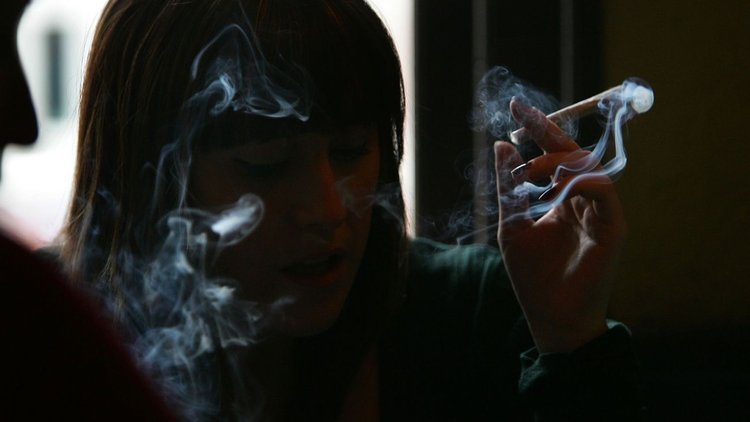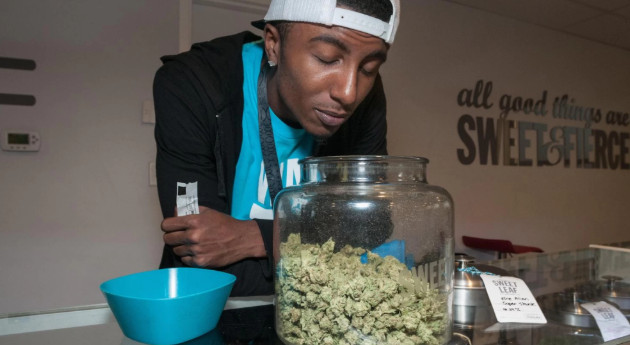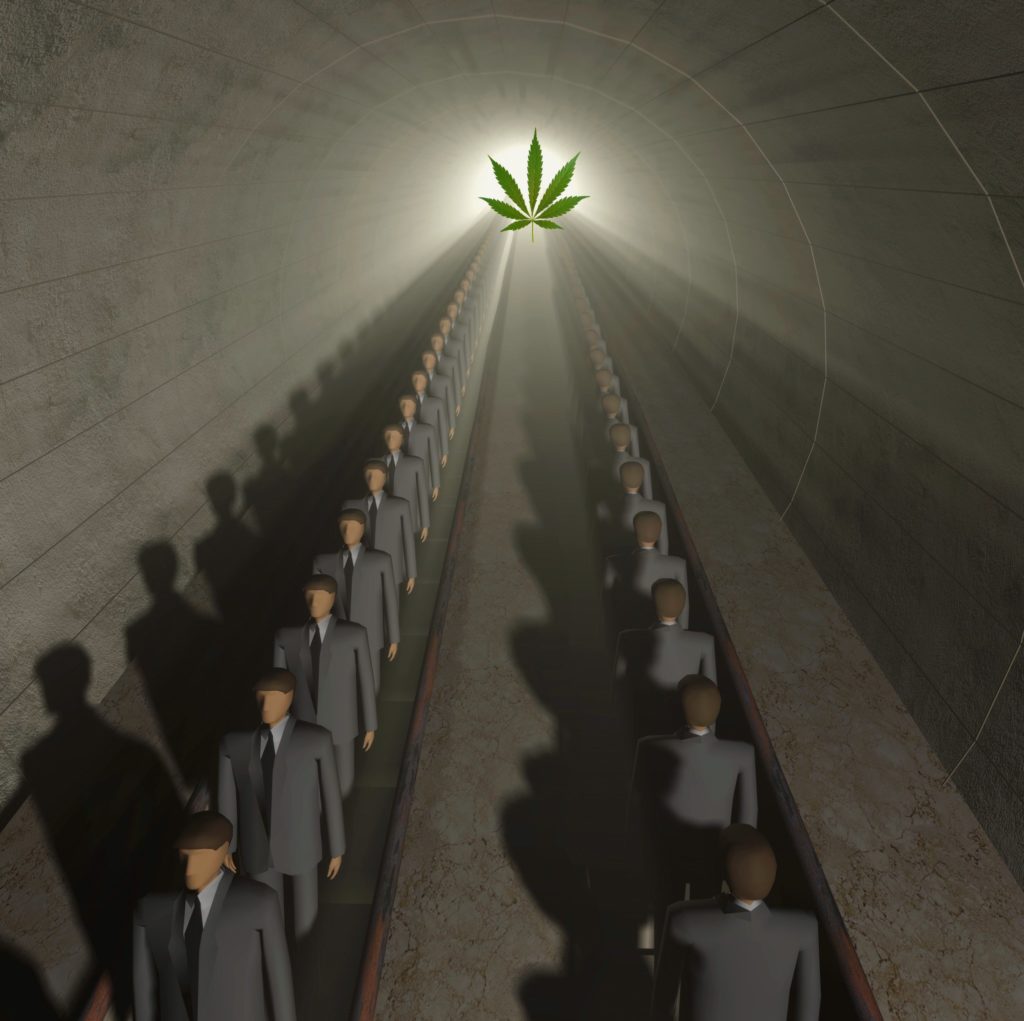Legalized marijuana has, to this point, been something of a West Coast thing. Voters in Washington, Oregon and Colorado were the first to approve legal recreational cannabis, and California is about to become the country’s biggest legal marijuana market when recreational sales begin in 2018.
Massachusetts joined the ranks of these states in November 2016 when voters approved adult-use sales, which are set to begin in April 2018. They are, for now, the only state east of the Mississippi River to do so.
They also have leapfrogged ahead on answering a key question: Once you buy recreational cannabis, where will you use it if you don’t want to take it back home? Like all other states, marijuana use is not permitted in public areas in Massachusetts. Outside of a private home, there’s no place a cannabis consumer can go.
Enter the newly formed state Cannabis Control Commission. The government agency this month is considering a plan that will allow for creation of cannabis cafes where consumers can both buy and use marijuana. It’s another opportunity for entrepreneurs – and one most states are not taking advantage of, yet.
The proposed policy
The commission still must hammer out details of the policy but they are trying to put the initiative on a fast track, by government standards. They hope to finalize the policy by March and begin licensing establishments by July.
The policy would allow cannabis consumers to buy and use marijuana in the same place, much like an alcohol or cigar bar, but it goes beyond that. Massage therapists and yoga instructors could also apply to use cannabidiol (CBD) oils and other products to serve the needs of their customers.
The proposal also suggests a limit on what people could buy for immediate consumption at a cannabis café. It also would allow budtenders to cut off customers when they reach a certain limit. That partially addresses the fears of law enforcement about people driving after leaving a cannabis cafe.
Also included are strong regulations about air quality and ventilation, not allowing employees exposed to second-hand smoke to operate potentially dangerous machinery and a rule requiring that the establishment make at least 51 percent of revenue from marijuana sales.
Why cannabis cafes?
Many reasons were voiced by marijuana advocates and commission members on the need for cannabis cafes. They include the following.
- Some people simply don’t want to buy large quantities of marijuana
- It cuts down on the number of people driving into the state just to purchase marijuana, then driving it back home to a state where it isn’t legal
- Some parents with children at home might not want to go back home to use marijuana
- It would give tourists and apartment renters (who may be prohibited from using marijuana by landlords) a legal place to use cannabis
Michael Latulippe, a member of an advisory board to the commission, told WBUR in Boston that the policy would be “transformative” for marijuana consumers: “I think we’ll be the first state in the country to offer this, so essentially we will have in place a regulated, safe and controlled system by which to consume cannabis on site and legal businesses.”
Other states have left such decisions to individual cities. Denver has launched a pilot program, but so far only one business has applied to become a cannabis café. Some blame the many rules involved with the process in the Mile High City, which led to strong debate about the issue earlier this year.













